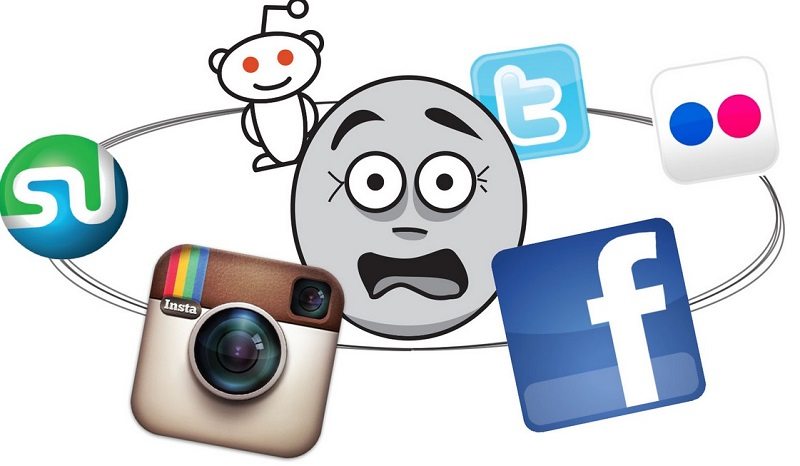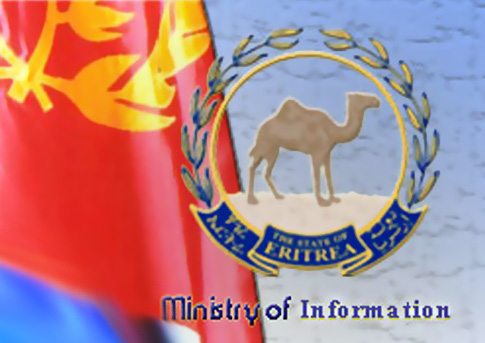At the beginning of the week, Kenya held its first public presidential debate with all eight candidates for next month’s presidential election taking part.
eight candidates for next month’s presidential election taking part.
Millions of Kenyans watched and listened to the debate, broadcast live over local radio and TV stations, as well on YouTube, though observers remained uncertain how much impact the discussions would have on the voting.
Prime Minister Raila Odinga and his deputy Uhuru Kenyatta are seen as the front runners to succeed President Mwai Kibaki who is stepping down after two terms.
Disputes over the previous election, in 2007, led to ethnic violence in which more than 1,000 died and over 300,000 fled their homes. Subsequently, the International Criminal Court indicted a number of people, including Mr. Kenyatta, along with his running mate William Ruto, on charges of fuelling the violence. The trial is due to open in April and both deny the charges.
Kenya’s Foreign Minister, Sam Ongeri warned European Union ambassadors on Monday of the need to avoid "inflammatory" remarks that could polarize the nation ahead of the vote which is on March 4th, pointing out with the elections just three weeks away, “it was a tense moment of national reflection”.
The other candidates for the presidency are Musalia Mudavadi, Martha Karua, the only woman candidate, Peter Kenneth, Muhamed Abduba Dida, James ole Kiyiapi and Paul Muite. A second public debate will be held on Monday week, February 25th.
Last week, US President Barack Obama urged the people of Kenya to avoid violence and intimidation. He said the polls were a chance for Kenyans to come together to show they were not just members of tribes or ethnic groups but a proud nation.
****************
* Originally published on A Week in the Horn – February 15, 2013 issue, titled “Kenya’s first public presidential debate”. Items from A Week in the Horn are re-published here with a permission to do so. You may republish it with attribution and no modification to its contents.
Check the archive for related posts.





